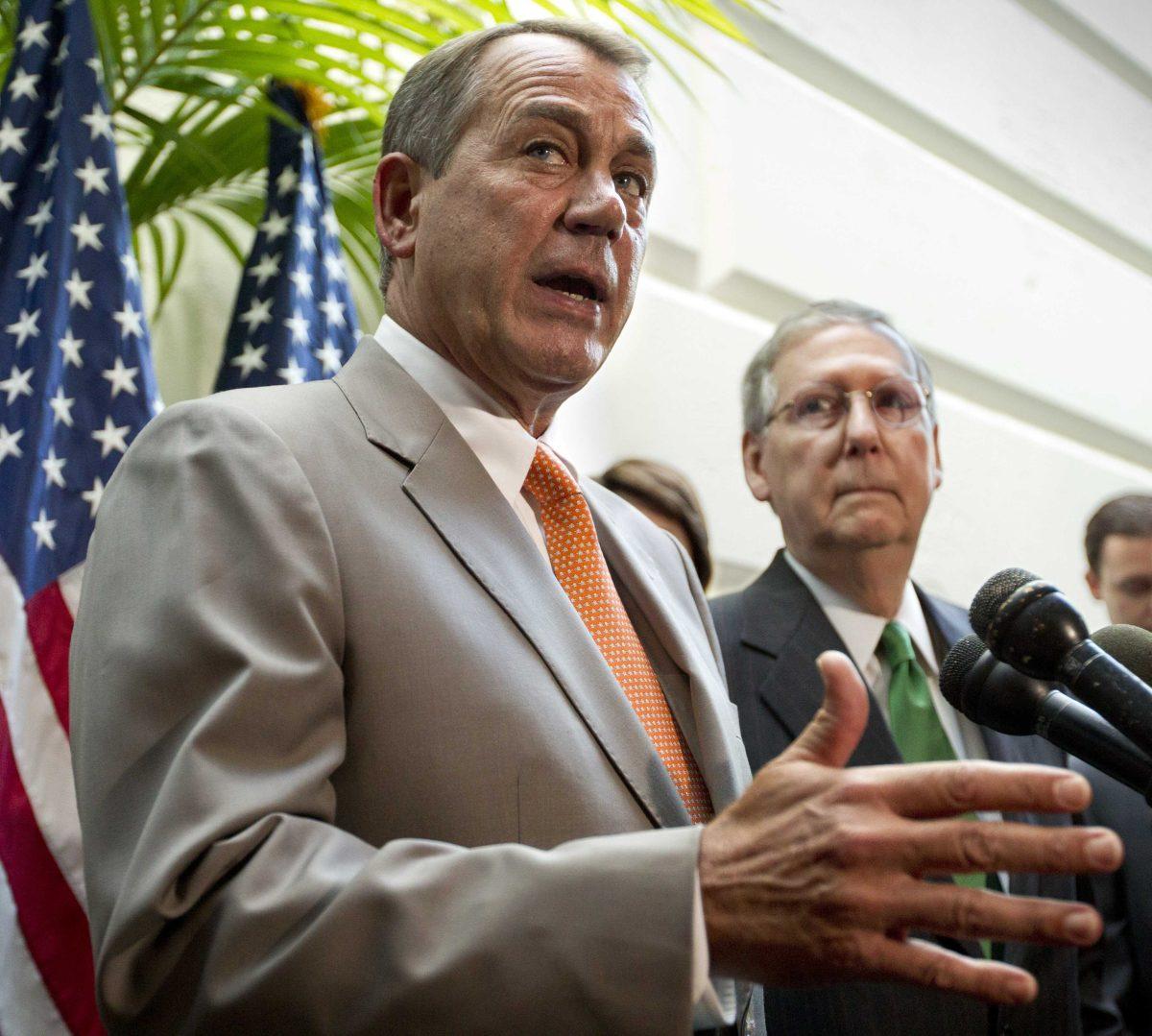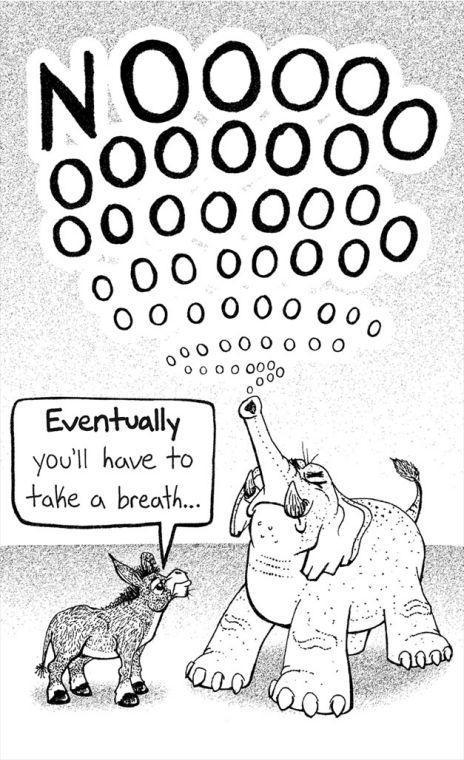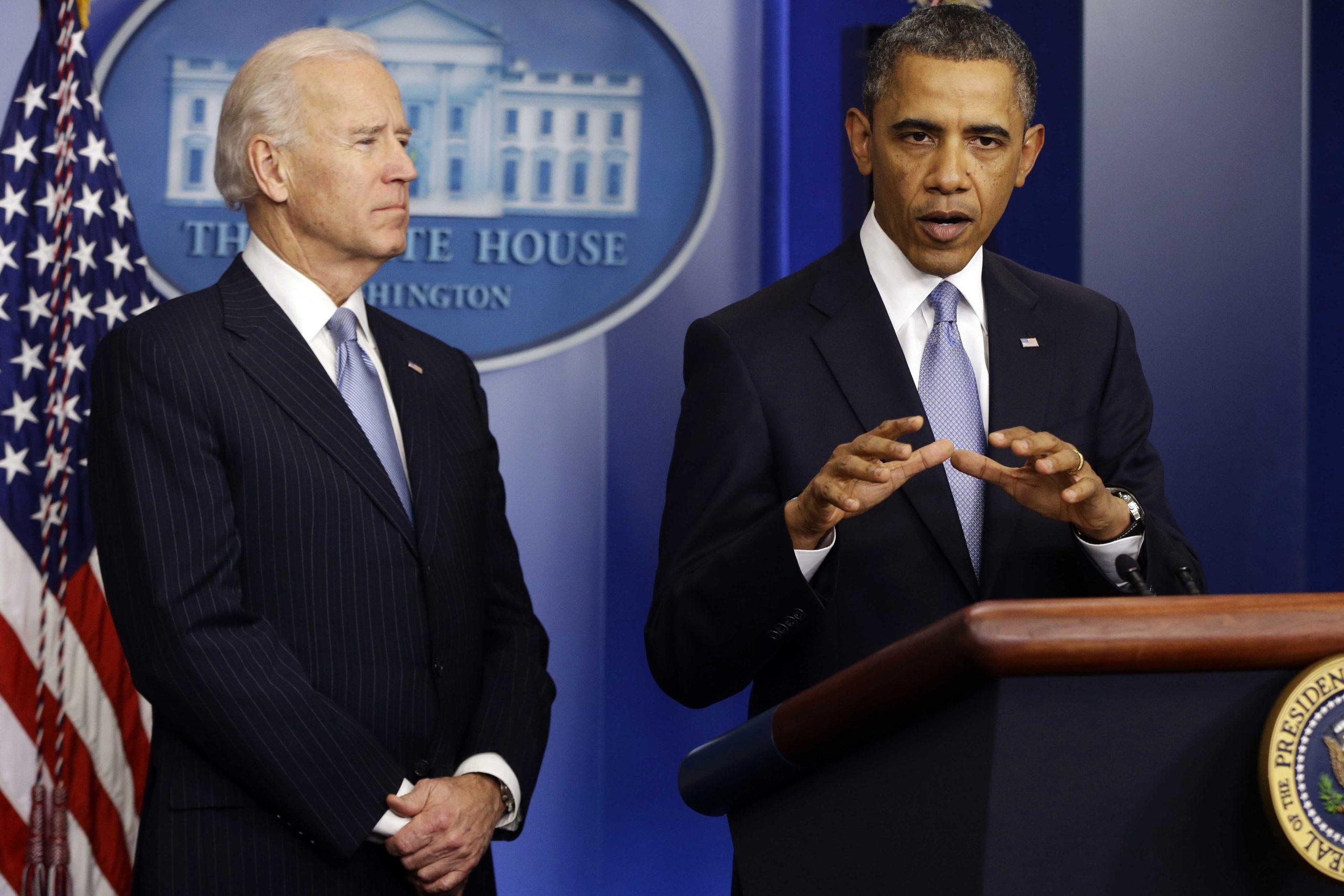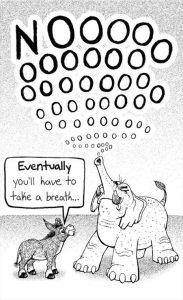Indeed, we narrowly avoided plunging off the “fiscal cliff” earlier this month. And consequently, we also avoided experiencing the damaging economic effects of higher taxes coupled with the expiration of federal unemployment insurance benefits.
America’s continuing recovery from the financial crisis would certainly have been negatively impacted if lawmakers in Washington had been unable to reach a compromise in striking a nearly last-minute agreement.
Unfortunately, however, it looks as if an even higher-stakes deal is around the corner: the federal debt ceiling.
Given the fiasco that transpired the last time an attempt was made between Republicans and Democrats at raising our nation’s debt ceiling in the summer of 2011, this year’s standoff will undoubtedly be contentious.
For reasons beyond my comprehension, congressional Republicans have redefined raising the debt ceiling into highly leveraged hostage-esque debates.
The Republicans insist they will continue to demand — just as in 2011 — that any increase in the debt ceiling must be tied to draconian spending cuts.
The rationale driving the GOP is, of course, that our fiscal position is completely unsustainable, arguing that we must implement significant spending cuts to entitlement programs, such as Medicare, Medicaid and Social Security in order to reduce our debt.
While it’s undeniable that the United States does have a long-run budget problem because of a rapidly aging population and the skyrocketing costs of healthcare, our current deficit is mainly the result of our depressed economy — it has nothing to do with our social insurance programs.
To be sure, this year’s debt ceiling debate will merely be an attempt by Republicans to pull the wool over the public’s eyes, incorrectly trying to persuade our body politic that the deficit must be dealt with immediately.
The Republicans’ act of putting the deficit rather than aiding our economic recovery first on the political agenda highlights the party’s fundamental misunderstanding regarding the way economies handle debt.
Most conservative politicians and pundits — who lack a proper understanding of economics — depict an ominous future in which America has become a destitute society that will result from the need to pay back all the money we have been borrowing. They see the United States as a student who signed a far too expensive lease and will have a hard time paying monthly installments.
Comparing government deficits to that of an indebted family — in this case, students — is wrongheaded, notes Nobel Prize-winning American economist Paul Krugman in a New York Times editorial.
For one, students must repay their debt, but governments don’t have to — they just need to guarantee that debt grows more slowly than their tax base, Krugman indicates.
He goes on to say that the U.S. debt accumulated from World War II was never paid back; it just became increasingly inconsequential as the U.S. economy grew and more people became employed and paying taxes.
OK, so, what can we gather from this insight?
When Republicans rail against the evils of budget deficits, they are, by and large, trying to pander support for dismantling “costly” essential government programs.
Following this logic, Republicans should not be taken seriously if they try and tie spending cuts to a rise in the debt ceiling. Cutting spending to entitlement programs won’t solve our debt problems — it would actually worsen them by preventing economic growth.
What we really need to be doing here in America is creating policies that foster growth and lower unemployment, which, as a result, will ultimately take care of our mounting debt.
Jay Meyers is a 20-year-old economics sophomore from Shreveport.









